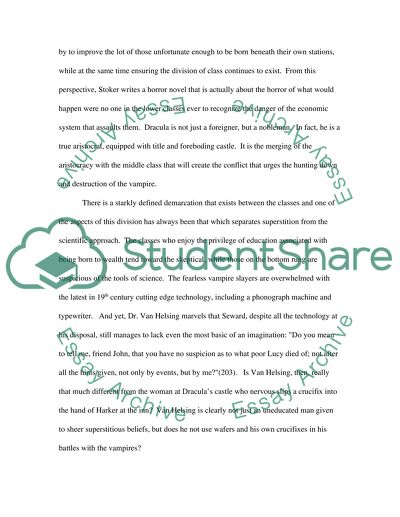Cite this document
(“Bram Stoker's Dracula and the Exploitation of His Own Means of Book Report/Review”, n.d.)
Bram Stoker's Dracula and the Exploitation of His Own Means of Book Report/Review. Retrieved from https://studentshare.org/literature/1511296-an-essay-on-dracula
Bram Stoker's Dracula and the Exploitation of His Own Means of Book Report/Review. Retrieved from https://studentshare.org/literature/1511296-an-essay-on-dracula
(Bram Stoker'S Dracula and the Exploitation of His Own Means of Book Report/Review)
Bram Stoker'S Dracula and the Exploitation of His Own Means of Book Report/Review. https://studentshare.org/literature/1511296-an-essay-on-dracula.
Bram Stoker'S Dracula and the Exploitation of His Own Means of Book Report/Review. https://studentshare.org/literature/1511296-an-essay-on-dracula.
“Bram Stoker'S Dracula and the Exploitation of His Own Means of Book Report/Review”, n.d. https://studentshare.org/literature/1511296-an-essay-on-dracula.


